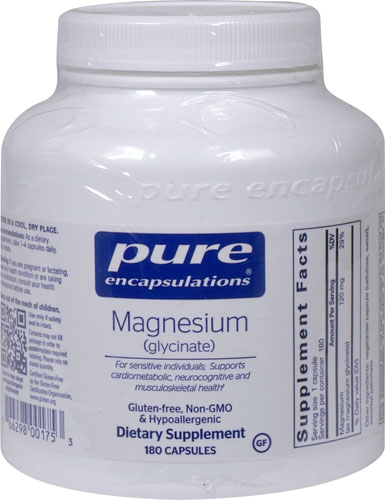A tiny little gland in your neck can be the source of a slew of health problems – everything from sudden weight gain to rapid heartbeat and infertility.
The thyroid -- a butterfly-shaped gland responsible for regulating metabolism – helps keep your body running smoothly.
“Thyroid hormone is necessary for the function of all the organ systems of the body,” says Dr. Jacqueline Jonklaas, professor of medicine in the Division of Endocrinology at Georgetown University.
When all is well, the thyroid quietly goes about its job. But two things can go wrong that put your health at risk.
Hyperthyroidism – too much thyroid hormone
In the first condition – hyperthyroidism – the body secretes too much thyroid hormone. This makes cells and organs work overtime and stresses the body, Jonklaas says.
Symptoms include rapid heart rate, muscle tremors and weakness, feeling hot, anxiety and frequent bowel movements.
Health risks caused by too much thyroid hormone include:
- Osteoporosis, or thinning of the bones
- Cardiac problems, such as irregular or fast heartbeats
- Infertility
Left untreated, hyperthyroidism can lead to “thyroid storm,” a life-threatening condition that causes your heart rate, blood pressure and body temperature to soar.
Hypothyroidism – too little thyroid hormone
In the second and more common of thyroid issues – hypothyroidism -- the body secretes too little thyroid hormone, causing cells and organs to slow down.
Symptoms include weight gain, fatigue, constipation, difficulty with memory and concentration, and cold sensitivity.
Health risks associated with too little thyroid hormone include:
- Lipid disorders, such as high levels of low-density lipoprotein (LDL) cholesterol and/or triglycerides
- Heart problems, such as coronary artery disease
- Infertility
Hypothyroidism can become especially dangerous over time.
“If it goes untreated for many years, it can result in a condition called myxedema coma, in which all the body’s organ systems begin to decompensate,” Jonklaas says.
This condition is a medical emergency with a high mortality rate. Symptoms are related to a slowdown in the function of several organs, and include decreased mental status and hypothermia.Myxedema coma requires urgent thyroid hormone treatment, Jonklaas says.
Diagnosing thyroid problems
Diagnosing a thyroid condition can be tricky.
“None of these symptoms is 100 percent specific for a thyroid problem,” Jonklaas says. “All these symptoms can be caused by other conditions.”
In addition, life stressors or the normal aging process can lead to some of the symptoms. Because of this, both patients and doctors can easily overlook a thyroid condition.
So, if you have a cluster of these symptoms -- or a symptom that continues over a period or does not appear to have other causes -- see your doctor to get your blood tested for a thyroid condition, Jonklaas says.
“It is important to not miss a diagnosis of a thyroid problem, because treatment for the condition can be offered and is likely to relieve the symptoms,” she says.
Treatment of thyroid conditions
In general, there is no way to prevent hypothyroidism or hyperthyroidism.
Jonklaas says that in some parts of the world, iodine deficiency is tied to hypothyroidism. But this is rare in the U.S., as many foods are supplemented with iodine.
Pregnant women should take a prenatal multivitamin that contains iodine to be sure their iodine status is adequate, Jonklaas says. Otherwise, supplementation typically is not needed in the U.S.
A family history of thyroid conditions can make you more susceptible to problem.
In addition, changes in the demand placed on your thyroid system or changes in your immune status – such as during pregnancy or after childbirth -- can precipitate hypothyroidism, she adds.
“Although we can treat this with thyroid hormone, we do not know how to prevent it, Jonklaas says.
Fortunately, treatment with medications – and less commonly, surgery – can keep most thyroid problems in check.
Treatment for hyperthyroidism may or may not need to continue for a lifetime, depending on the nature of the problem. For hypothyroidism, cure is less likely.
“Most cases of hypothyroidism are lifelong and do not resolve by themselves,” Jonklaas says.
Learning more about your thyroid condition and talking with your physician about it are crucial aspects of keeping the problem under control, she says.






